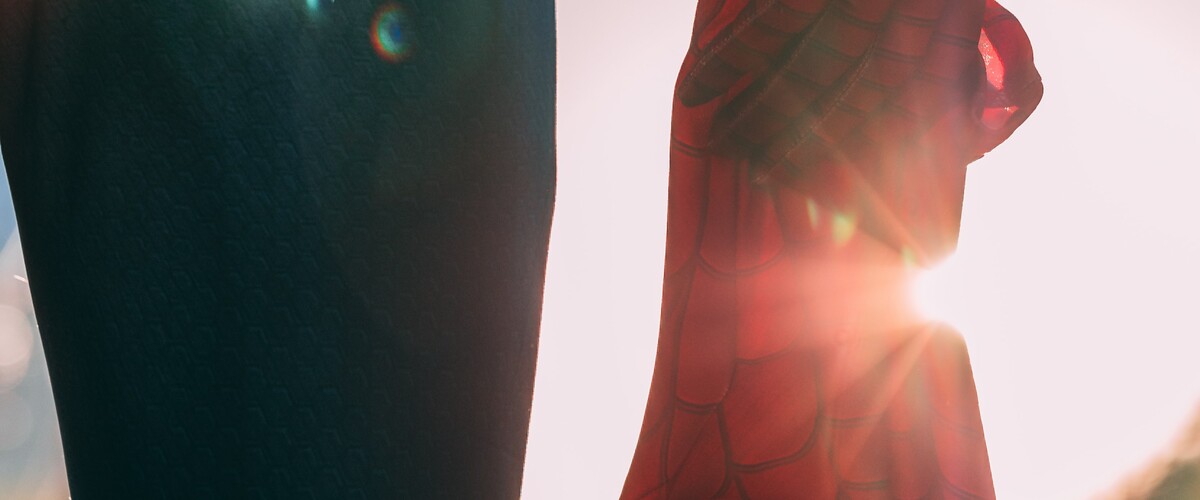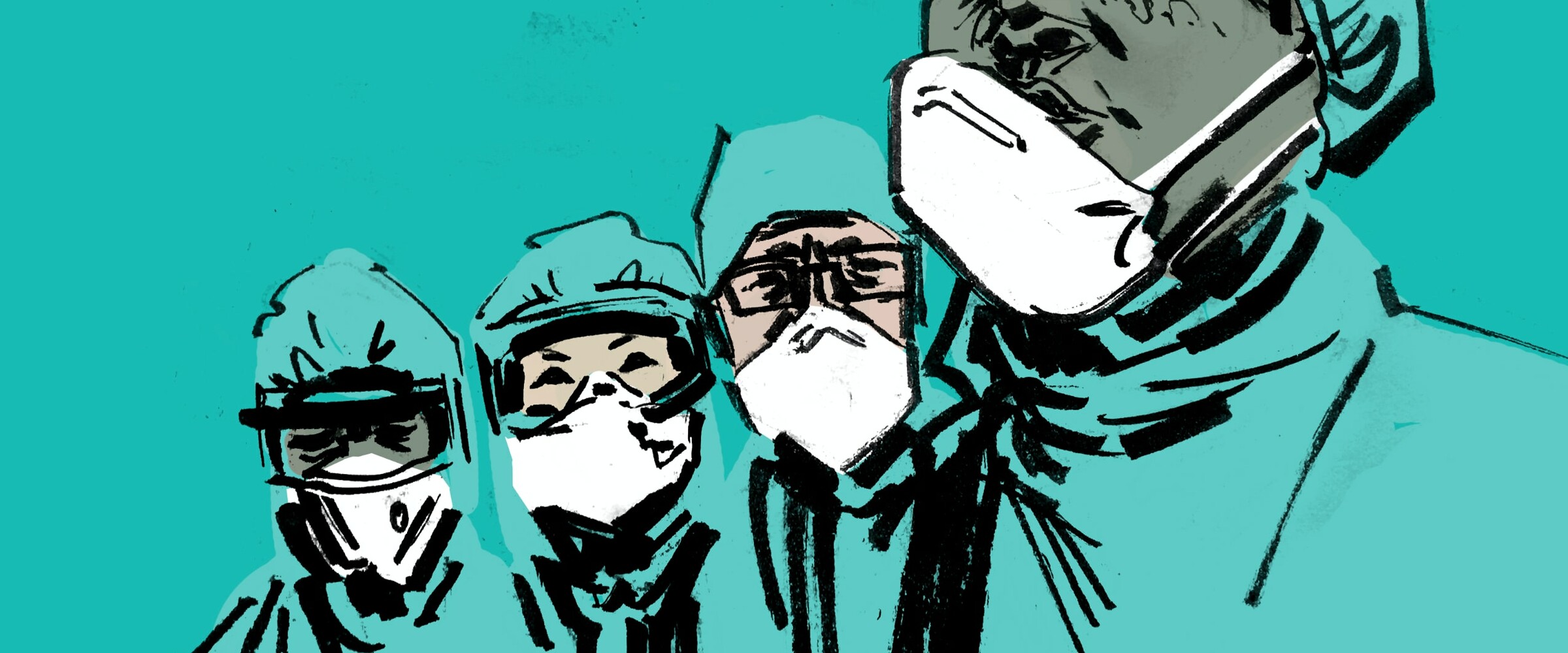
4 Fertility Doctors Who Went Through IVF
This article first appeared in Fairfax media July 2017
Fertility specialist Dr Julianne Cameron, 42, has a three year old son who was conceived naturally and is currently 25 weeks pregnant with a girl conceived via IVF.
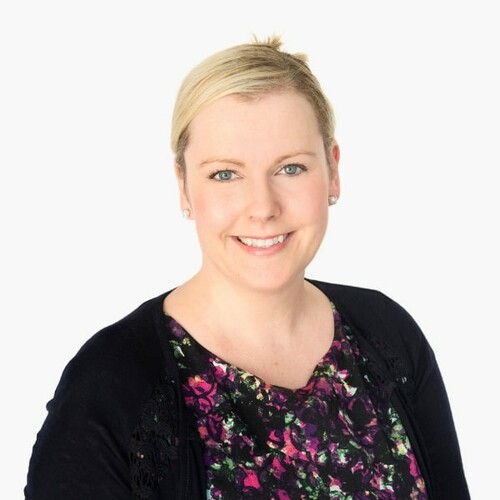
Our son was six months old when we started trying for another baby. I fell pregnant within a month but miscarried. After that, I miscarried a further three times.
I knew that wasn’t normal and thought it may be a problem with chromosomes. I was conscious of my age, and didn’t want to keep wasting time, so I organised to do IVF so that the embryos could be screened. I did six stimulated cycles in total and had six egg collections. I’d respond well to the IVF cycles, with a high number of eggs and fertilised embryos. But, as I suspected, the embryos were abnormal and transferring them would end in miscarriage.
It was heartbreaking to get to day five only to find out that the embryos were all abnormal. Initially I wanted to get three normal embryos in total before I transferred any, as I wanted to freeze the others for the future. But, as time went on I figured I’d be happy with just one. The last cycle I ended up with two viable embryos. One was transferred (this pregnancy), and the other is frozen.
For me, going through IVF wasn’t that bad. But going through miscarriage was awful and gave me an insight into how many of my patients feel. Miscarriages are still taboo, but I understand the grieving process and know what care and support people need. I also offer those patients extra monitoring throughout that first trimester to help relieve anxiety. Most of my patients know about my miscarriages and IVF. It helps to reassure them that pregnancy does happen and they relax because they know I can relate. At this stage I would like to go back for a third child. But, this second baby could give me a rude awakening. Perhaps ask me again in 18 months.
Dr Fleur Cattrell, 44, is a fertility specialist. Her 13-year-old daughter was conceived via IVF.
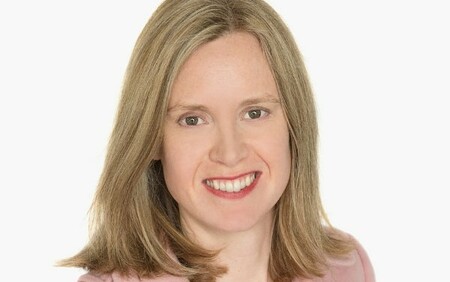
I was working as a junior fertility consultant when I realised I was going to need help to conceive. We’d been trying for a while and my ongoing symptoms pointed to endometriosis. After diagnosis and treatment, I still didn’t fall pregnant naturally. I was going to have to do IVF, but seeking help was so hard because all the specialists were my colleagues.
I felt a responsibility to self-diagnose and self-treat. I even took some ovulation tablets in a desperate attempt to avoid telling my colleagues or making that specialist appointment. Eventually I broke down and admitted to a colleague that I needed help. Soon after that I started IVF.
At the time, I was training to become a Reproductive Endocrinology and Infertility specialist. Going through the treatment I was worried that I might have to change careers, as being faced with it every day was very traumatic. I wanted to say to the patients, “I’m doing IVF too, I know how you feel”, but I would have cried at work. I found that I coped physically with the process but, emotionally, I was a wreck. I never got a break from the sadness because infertility was all around. I managed to keep professional and never told patients my situation, and still don’t. It’s not relevant to them and I don’t want them to compare themselves to me. Everyone’s experience is different.
From a professional viewpoint, IVF has helped me empathise and connect with patients on a different level. It makes my job even more fulfilling. I know that the emotion and chronic sadness is like nothing else you’ve ever known. I vowed at the time I would never forget that feeling. I haven’t and I won’t.
Dr Kokum Jayasinghe is a fertility specialist and gynaecologist. She has two sons, aged nine and six, who were both conceived via IVF.
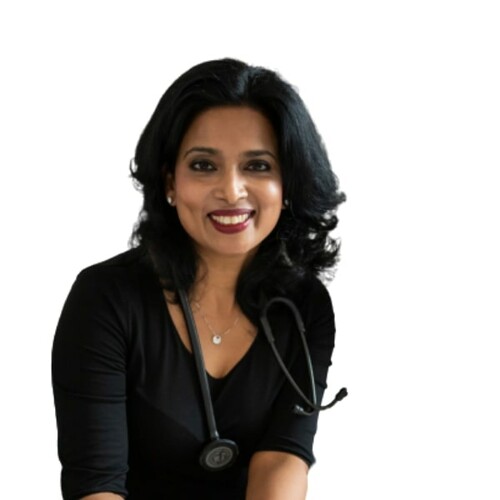
I was 30 and undergoing my obstetric training when I realised I needed help to conceive. We’d been trying for 12 months and, because I practice what I preach, I went to see a fertility specialist.
I was diagnosed with unexplained infertility which was frustrating. I experienced anxiety because I like to be in control and with this I wasn’t. But with my training I also knew this diagnosis meant that things were normal so there’d be a good chance of success. I was treated by a specialist that I’d looked up to during my training. I knew that she was warm, empathetic and supportive.
I was one of the extremely lucky ones. I had one egg pick and two embryo transfers and two sons. We always wanted two so we feel really blessed. When I started IVF I was still going through my obstetrician and gynaecology training but hadn’t made my mind up about a sub speciality. My own experience helped me decide to become a fertility specialist. It helped me understand that it’s not just the facts and stats when you go through the treatment, there’s a human and emotional side too.
I do sometimes share my experience with my patients depending on their situation. If they’re on repetitive cycles, losing faith and need extra care, I look them in the eyes and say, “I know that you’re going through”, and I mean it. I open up and I can see that it helps.
The best part of my job is helping others. There’s nothing better than seeing couples come in with their children or sending pictures of their baby. It’s such a privilege to help them achieve their dreams and to know I’ve been part of it.
Dr Melissa Cameron, 44, is a fertility specialist. With her partner, she used a donor to conceive their children, a nine year old boy and a six year old girl. She carried their second child.
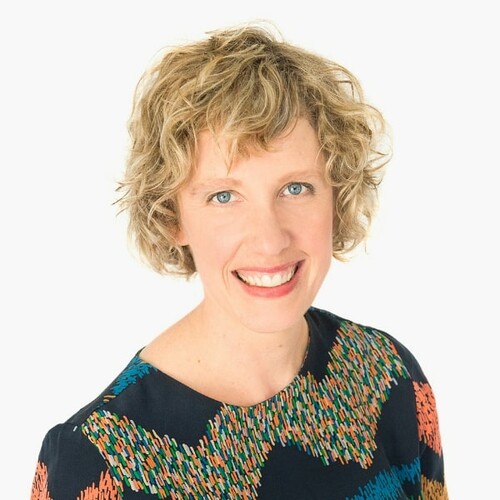
I’ve been with my partner for nearly 17 years and we’d always talked about having children.
We started looking into it after being together for five years. It took us a year to go through the pros and cons of different donor situations. We explored the idea of a clinic recruited donor, but decided that having a known donor suited us better. Our known donor is a good friend who my partner went to university with, and I’ve known him as long as I’ve known her.
My partner carried our first child, and myself the second. We’d always planned on this and were very fortunate that it worked out that way. I didn’t have to go through IVF, only IUI (Intrauterine insemination). I had unstimulated IUI cycles and conceived very quickly, only needing to do three cycles. The hardest thing for me about going through it was having to share the intimate details of my life with colleagues. It wasn’t the medical details so much as more to do with pregnancy planning and how would that affect working.
It’s much harder being a patient than a doctor. As a doctor, we’re generally in control, and have professional distance from the situation. As a patient, you have very little control and are in the midst of it, experiencing all the up and down emotions that go with trying to conceive. I definitely have a better understanding and empathy towards patient situations now, especially experiencing some of the day to day annoyances, such as trying to fit appointments in and juggling things.

